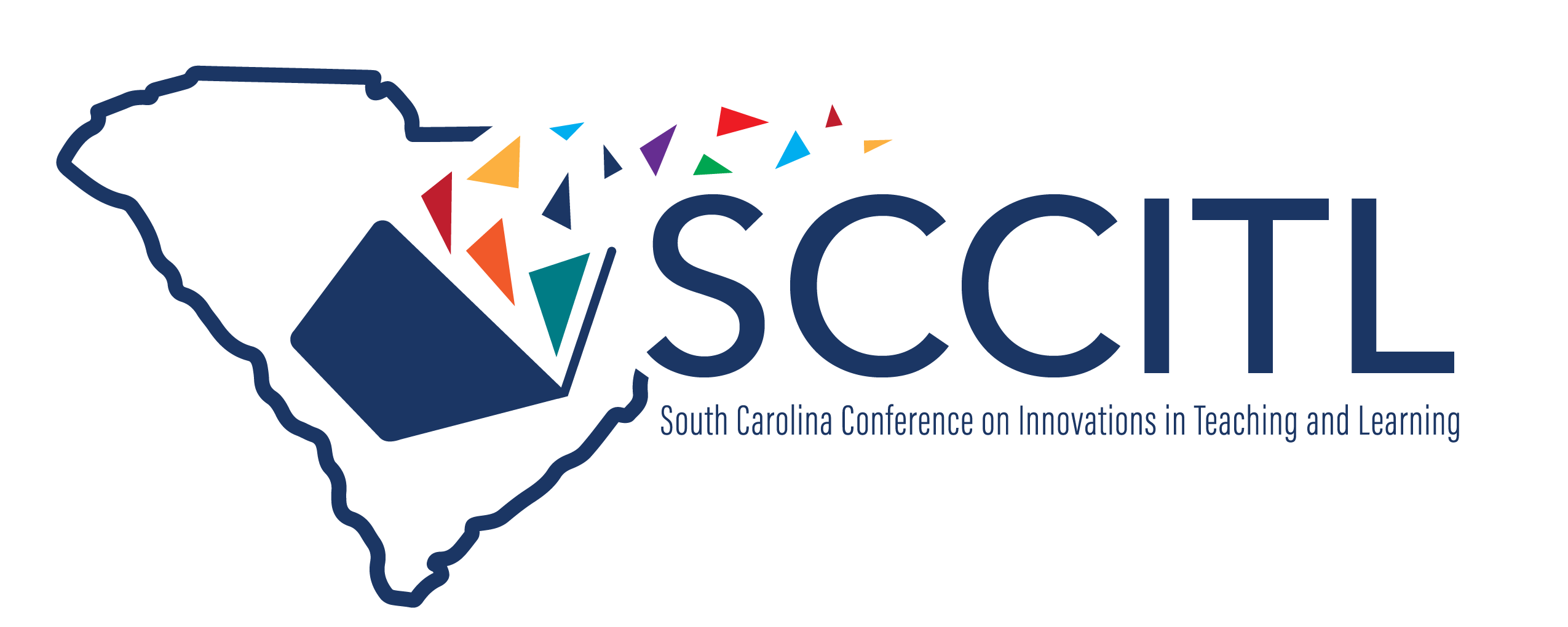Writing-to-Learn Pedagogy as a High-Impact Practice in the Laboratory
Proposal Format
45-minute Presentation
Track Choices
Contemporary Issues in Teaching and Learning
Abstract
Inclusive writing-to-learn pedagogy has been found to effectively foster synthesis and re-elaboration in scientific courses. Directly tied to course curriculum, students gain important metacognitive and critical thinking skills in a supportive peer environment that is specifically linked to course curriculum and results in a true publication [1-5]. This session will share the experiences of faculty-librarian teams in designing and implementing tailored writing-to-learn pedagogy in upper-level biology courses. Collaborative group work and personal research activities support students toward deeper topic knowledge, demonstrate the relevance of knowledge taught in the classroom and empower students with highly transferable critical and communication skills, as well as professional teamwork. The session will provide attendees of all experiences in writing-to-learn pedagogy with tested methods and ideas for implementing flexible writing-to-learn pedagogy, adapting the model to different level courses, scaffolding the assignment, and planning for constructive outcomes. The session will also provide ample opportunities for attendees to share their experiences and discuss.
Keywords
Active learning, inclusive learning, writing-to-learn
Speaker Bio
Molecular developmental biologist, Chiara Gamberi is Assistant Professor of Biology at Coastal Carolina University. Stemming from her research, Gamberi developed inclusive write-to-learn pedagogy to engage undergraduates in active learning and creative scholarship which has already yielded three highly-cited peer-reviewed publications co-authored by undergraduates. The Gamberi laboratory employs a first-in-kind Drosophila model to decipher mechanisms of abnormal cell growth in incurable polycystic kidney disease and cancer and identify cyst-reducing drug candidates. Eric Resnis is Head of Research and Scholarship at Coastal Carolina University's Kimbel Library, where in addition to leading the unit that includes instruction, outreach, and the makerspace, he also serves as the librarian for the life and physical sciences. He regularly publishes and presents on the value of assessment in meeting information literacy outcomes, integrating information and technological concepts into the curriculum, strengthening liaison roles, and demonstrating library impact towards institutional outcomes.
Writing-to-Learn Pedagogy as a High-Impact Practice in the Laboratory
Penny Hall, 210
Inclusive writing-to-learn pedagogy has been found to effectively foster synthesis and re-elaboration in scientific courses. Directly tied to course curriculum, students gain important metacognitive and critical thinking skills in a supportive peer environment that is specifically linked to course curriculum and results in a true publication [1-5]. This session will share the experiences of faculty-librarian teams in designing and implementing tailored writing-to-learn pedagogy in upper-level biology courses. Collaborative group work and personal research activities support students toward deeper topic knowledge, demonstrate the relevance of knowledge taught in the classroom and empower students with highly transferable critical and communication skills, as well as professional teamwork. The session will provide attendees of all experiences in writing-to-learn pedagogy with tested methods and ideas for implementing flexible writing-to-learn pedagogy, adapting the model to different level courses, scaffolding the assignment, and planning for constructive outcomes. The session will also provide ample opportunities for attendees to share their experiences and discuss.


